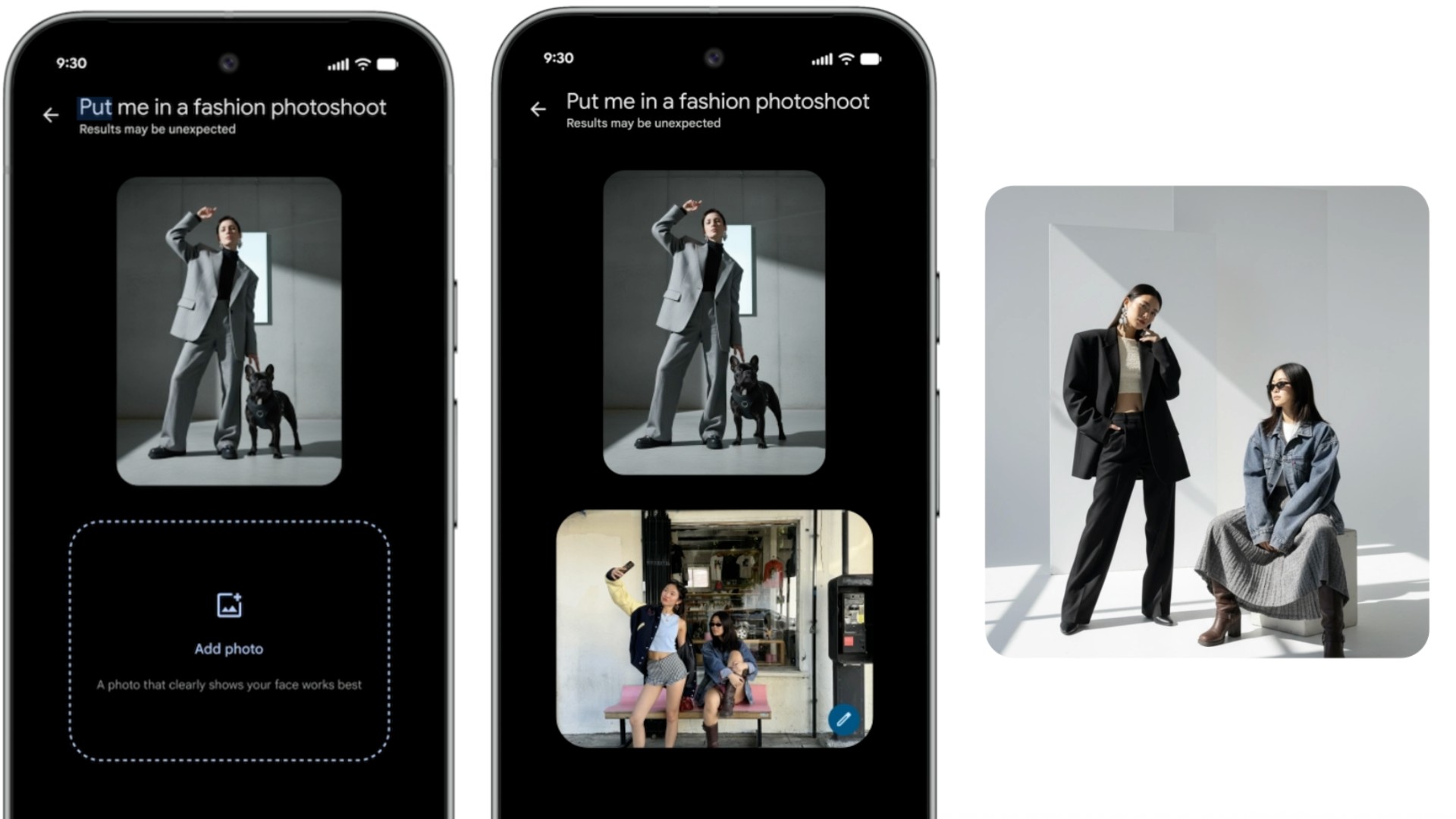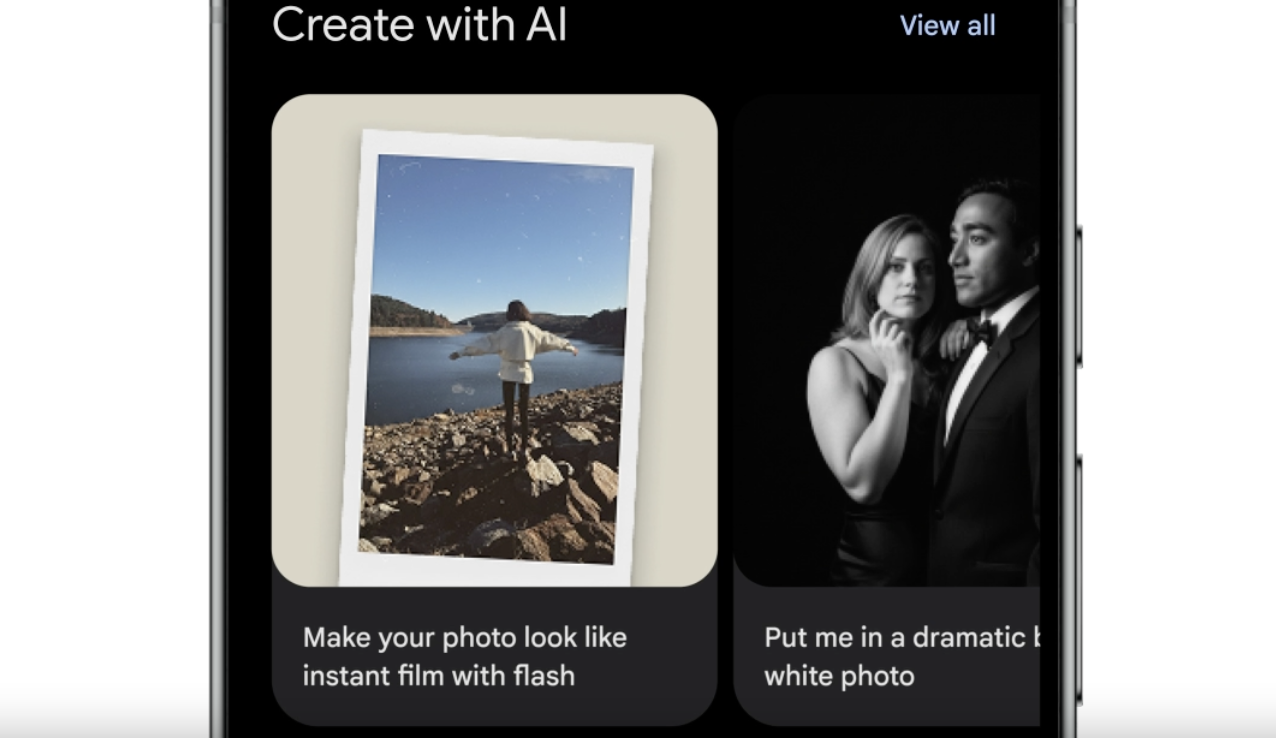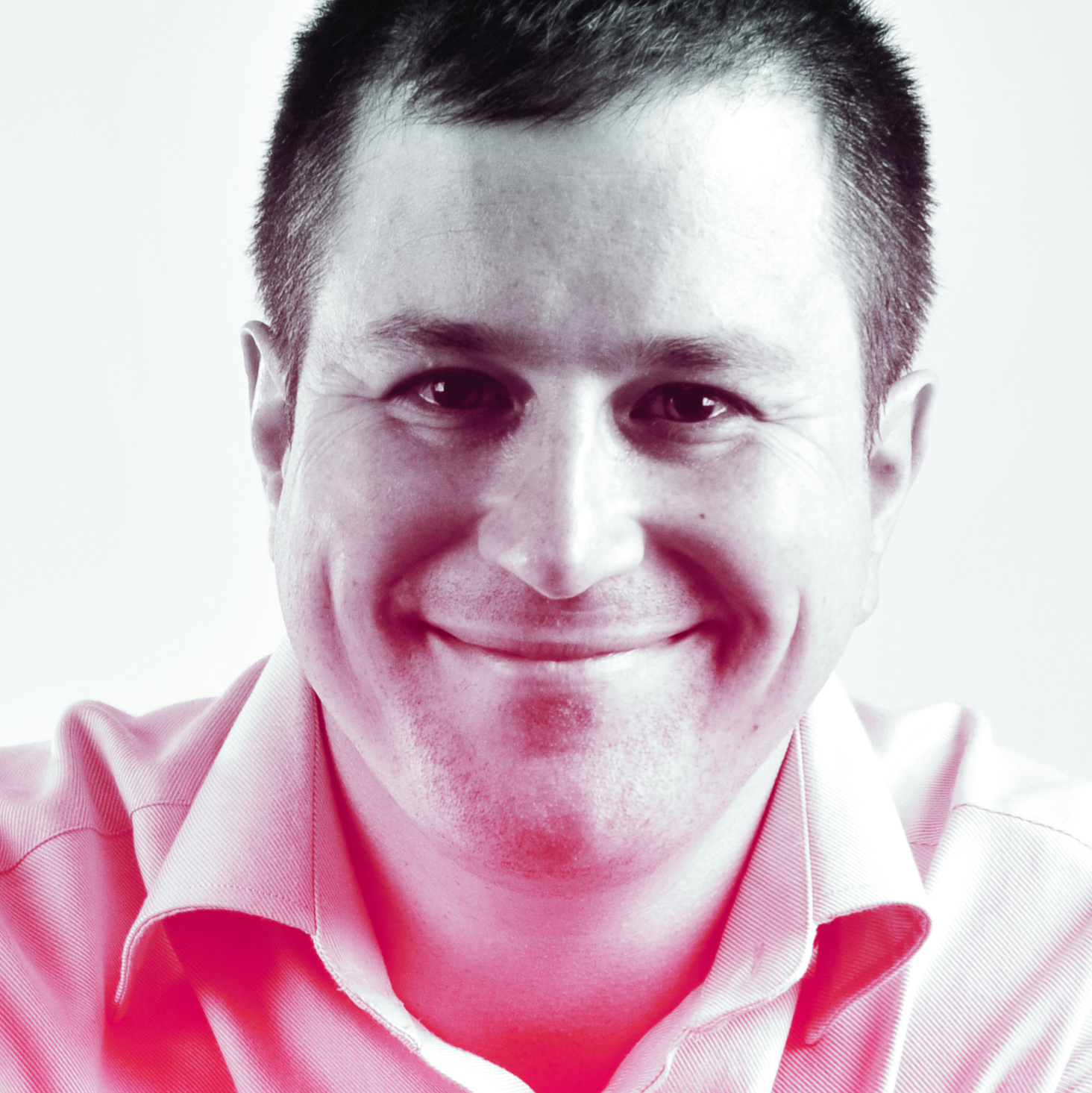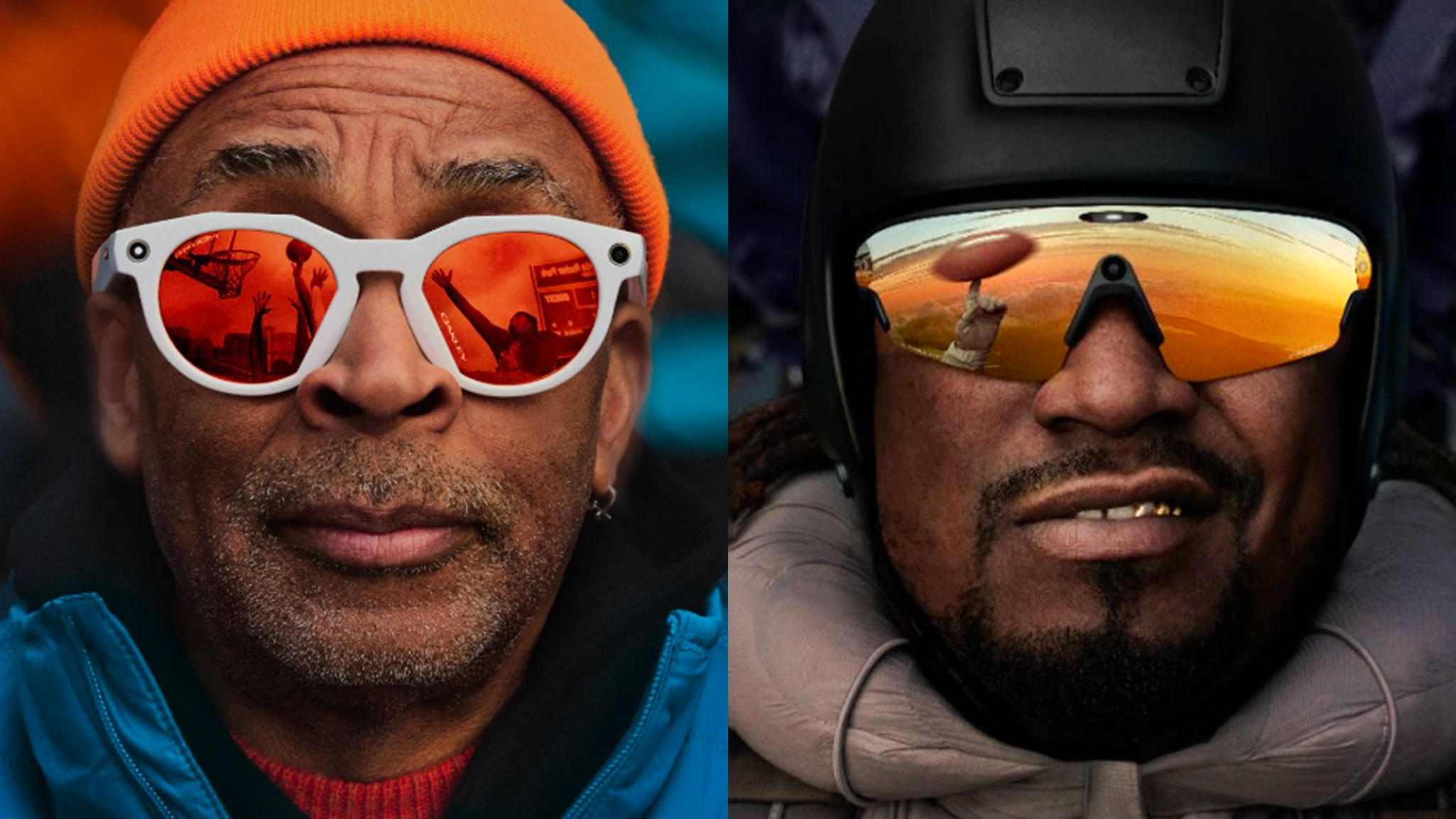
The best camera deals, reviews, product advice, and unmissable photography news, direct to your inbox!
You are now subscribed
Your newsletter sign-up was successful
Do you use Google Photos? Then its latest blog post, 6 new things you can do with AI in Google Photos, is well worth a read. There are some eye-catching new features in there, and two new abilities have grabbed all the headlines. First, you can now edit your images by text prompt alone, and second, you also have the option to transform them using the generative AI smarts of Nano Banana. But here's something else buried here that a lot of people seem to have missed.
Number 4 on Google's list is a new feature called personalised templates. Rolling out over the next few weeks in the USA, these promise to "use insights about you from your photo gallery to create edits unique to your hobbies and experiences". This means you'll be able to ask Google to do things like "create a name doodle personalized to me" or "create a cartoon of me and my hobbies".
Sounds harmless, right? But then consider what that actually means.
Psychological profile
When you think about it, what Google’s telling us is that the AI is going to sift through your entire photo library, analyse what you do for fun, where you go, who you spend time with, and how often, then use that data to generate 'creative' images that feel like you.
Essentially, it’s a system that builds a psychological profile from your memories. A bit like they do with murder suspects in TV dramas. All so you can auto-generate a cartoon of you on the ski slopes.

Google insists this is all about convenience: helping you 'reimagine' photos without needing to think up prompts. But the technical reality is much deeper. To make these personalised edits work, you must have features like Face Groups, Location Estimates and the Me cluster turned on. In plain English, that means giving Google's AI your facial recognition data, geolocation tracking and an understanding of your personal identity.
In short, this isn’t a one-off edit; it’s a full-spectrum analysis of your digital life. The AI wants to know whether you’re the sort of person who surfs once a summer or builds your schedule around catching waves. It needs to be able to distinguish a one-time hike, that you never wish to repeat, from a lifestyle that involves little else. That requires scanning thousands of images, recognising patterns in context, time, people and place.
The best camera deals, reviews, product advice, and unmissable photography news, direct to your inbox!
And here's the clever bit: Google isn’t selling surveillance (something people are generally wary of); it’s selling creativity. The emotional pull of seeing AI generate something cute and personal like a cartoon or a doodle is exactly what makes people forget what they’re giving up.
It’s the same trade-off we’ve seen across social media and smart tech for years: sacrifice a little privacy, gain a little convenience. But this time, the trade isn’t for a targeted advert or a 'people you may know' suggestion. It’s your entire visual history being mined to feed an AI model.
What Google’s AI can learn (and how to stop it)
Remember, if an algorithm can deduce your hobbies from photos, it can also infer far more. Your income level from your home interiors. Your fitness routine from your gym selfies. Your relationships from repeated appearances. Your travel habits, even your politics if you attend relevant events. Each inference strengthens Google’s profile of you. That's all data which is incredibly valuable, both for improving its AI and, ultimately, for advertising to you.
As photographers, we instinctively understand that photos are never neutral; they reveal what we value and how we see ourselves. In this light, a photo library is a deeply personal archive, not a dataset to be mined. Yet Google is treating it as precisely that.
So if you use Google Photos and don't like the sound of this, it’s worth checking your settings. Disable Face Groups, turn off Location History, and think twice before enabling any personalised features. More broadly, ask yourself whether convenience outweighs the cost of letting an algorithm know you better than your closest friends. And the next time Google offers to 'help you be creative', remember: creativity isn’t free when it costs you your privacy.
Tom May is a freelance writer and editor specializing in art, photography, design and travel. He has been editor of Professional Photography magazine, associate editor at Creative Bloq, and deputy editor at net magazine. He has also worked for a wide range of mainstream titles including The Sun, Radio Times, NME, T3, Heat, Company and Bella.
You must confirm your public display name before commenting
Please logout and then login again, you will then be prompted to enter your display name.

